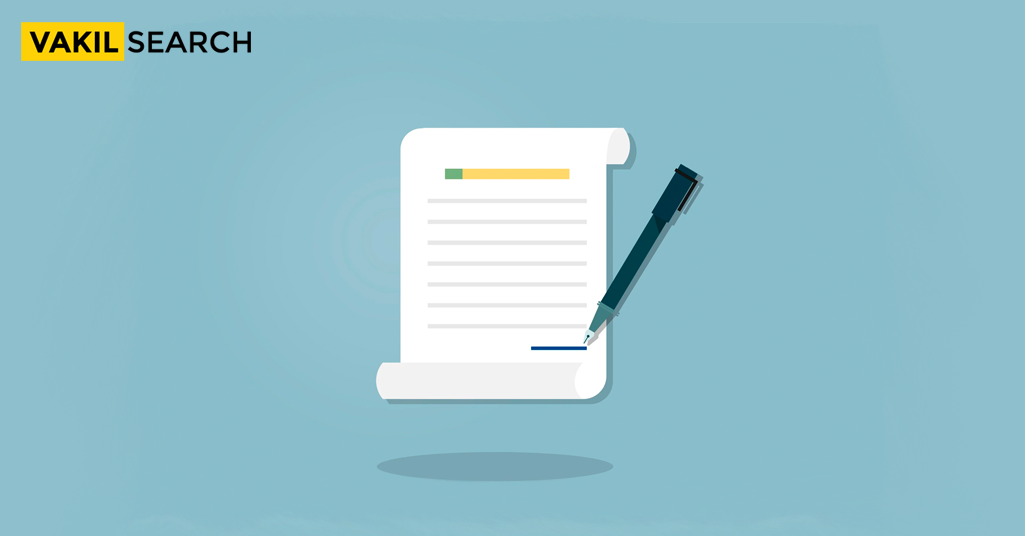A power of attorney is a legal document that allows someone to act on your behalf. The phrase is most commonly used to refer to eldercare, but there are many other types of powers of attorney as well.
What Is the Power of Attorney (POA) In India?
A power of attorney, often abbreviated to POA, is a Legal document used in India to allow one person to act on behalf of another. A power of attorney can be used to make decisions on behalf of the person who is granting the power of attorney, or to appoint a third party to make decisions on their behalf. Power of attorney can be used for a variety of purposes, including financial and legal affairs.
Eligibility for Power of Attorney Forms
If you are considering a power of attorney, it is important to understand the eligibility requirements. In order to be eligible for a power of attorney, you must be able to make sound decisions for yourself, and have the capacity to do so. Here are some factors that will determine your eligibility:
- You must be able to understand the information presented in the power of attorney form.
- You must be able to communicate with those who will receive your powers.
- You must have the mental capacity to make informed decisions.
- You must be legally allowed to sign legal documents
If you meet all of the eligibility requirements outlined above, then you are ready to begin the process of creating your power of attorney form. There are several resources available online that can help guide you through the process, including Vakilsearch.
Types of Power of Attorney
There are three main types of power of attorney: general, limited, and absolute. Each has its own specific set of rights and responsibilities. A general power of attorney gives the appointee authority to act on behalf of the principal in all matters legal and financial. Know more from experts about the House Registration Process.
This is the most common type of power of attorney. A limited power of attorney gives the appointee authority to act on behalf of the principal only in certain specified matters. For example, a limited power of attorney might allow the appointee to handle only financial affairs. An absolute power of Lawyers gives the appointee complete authority to act on behalf of the principal in any matter, no matter how limited the scope may be. This is the most powerful type of Power of Attorney.
Power of Attorney Format India
- When it comes to making important decisions for yourself, such as appointing a power of attorney (POA) agent, you have many options. However, if you’re not familiar with the different POA formats, choosing the right one can be daunting. In this article, we’ll discuss the most popular POA formats in India and help you make an informed decision
- The first thing to consider is whether or not you need a POA in the first place. If you’re fine with your loved ones making decisions on your behalf in an emergency, then a simple declaration is all you need. If, however, you want to give someone else more control over certain aspects of your life, a more formal POA may be better. There are three main POA formats in India: a durable power of attorney (DPA), renewable power of attorney (RPA), and management power of attorney (MPA)
- Durable power of attorney (DPA) is the most basic form of POA. It allows one person to appoint another person to act on their behalf when it comes to financial matters, health care decisions, and other important matters. DPA documents must be signed by both the client and the attorney. In some cases, the client must appoint an attorney and sign a DPA document in return. To appoint an attorney as your deputy, you must sign the DPA with him or her
- A renewable power of attorney (RPA) is a form of POA that allows one person to appoint another person to act on their behalf until a certain decision becomes invalid by not being exercised for four years. The original document can be revoked by either the client or the attorney up until four years after its issue date. Once four years have passed, however, there is no way for revoking this document. A RPA does not require the attorney to be appointed by both parties before it can be signed
- A management power of attorney (MPA ) is a form of POA that allows one person to appoint another person to handle a wide range of matters, including finances, health care, and property. An MPA lasts until the appointed individual refuses or becomes incapacitated.
- If an MPA holder dies during the term, their spouse automatically becomes the new MPA holder.MPA holders must be appointed by both clients by an original document called a witnessing document. The witness should be at least 21 years old and have no legal restrictions on his or her ability to manage finances or make medical decisions on behalf of the signer.
Amount of Stamp Duty for Power of Attorney in India
In order to register a power of attorney in India, you will need to meet the following requirements:
- You must have a valid passport or identity card with a visa stamp
- You must be registered with the relevant government agency
- You must be 18 years or older
- You must have the capacity to make decisions about your own health and safety
To register a power of attorney, you will need to visit a government office and provide documents such as your passport or identification card, proof of address, and evidence of mental capacity. The fee for registering a power of attorney begins at ₹100; the value changes based on the value of the property and other such factors. Once registered, the power of attorney will be valid for one year. If you want to renew it, you will need to provide updated documentation and pay another fee.
Conclusion
When it comes to estate planning, one of the most important documents you will create is a power of attorney: https://www.india.gov.in/irrevocable-power-attorney. This document allows someone else (typically a trusted friend or family member) to act on your behalf if you are unable to do so yourself.
Other Important topics:










